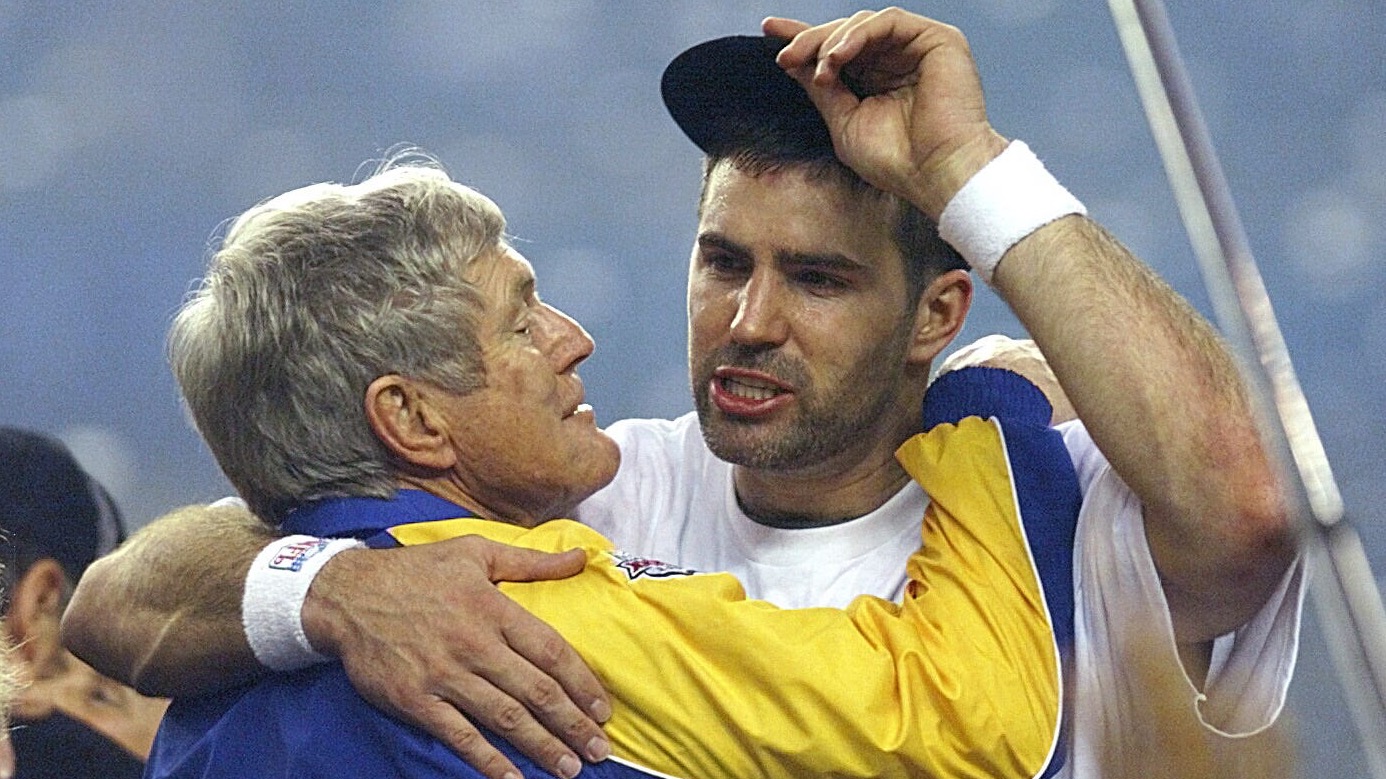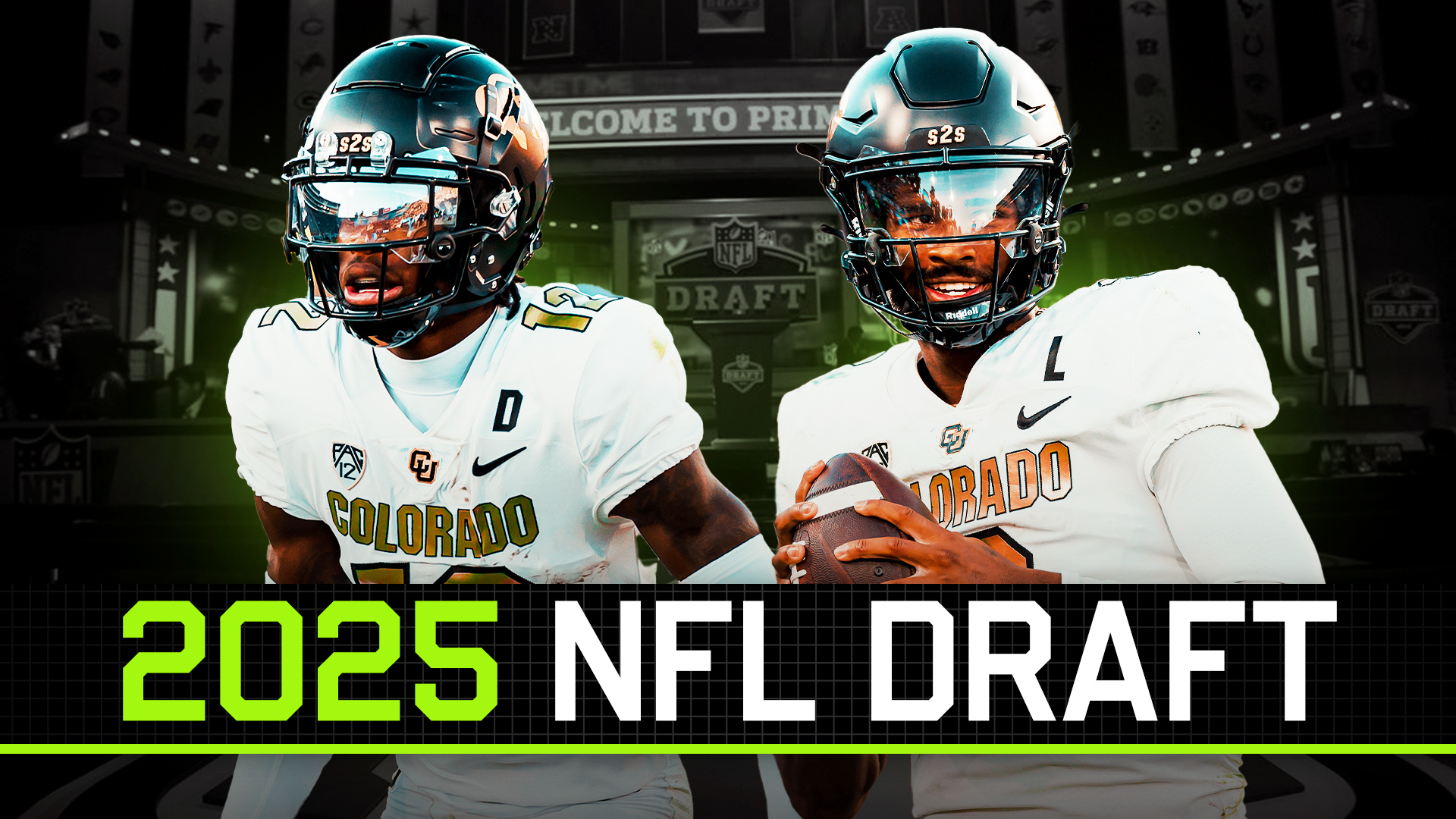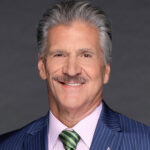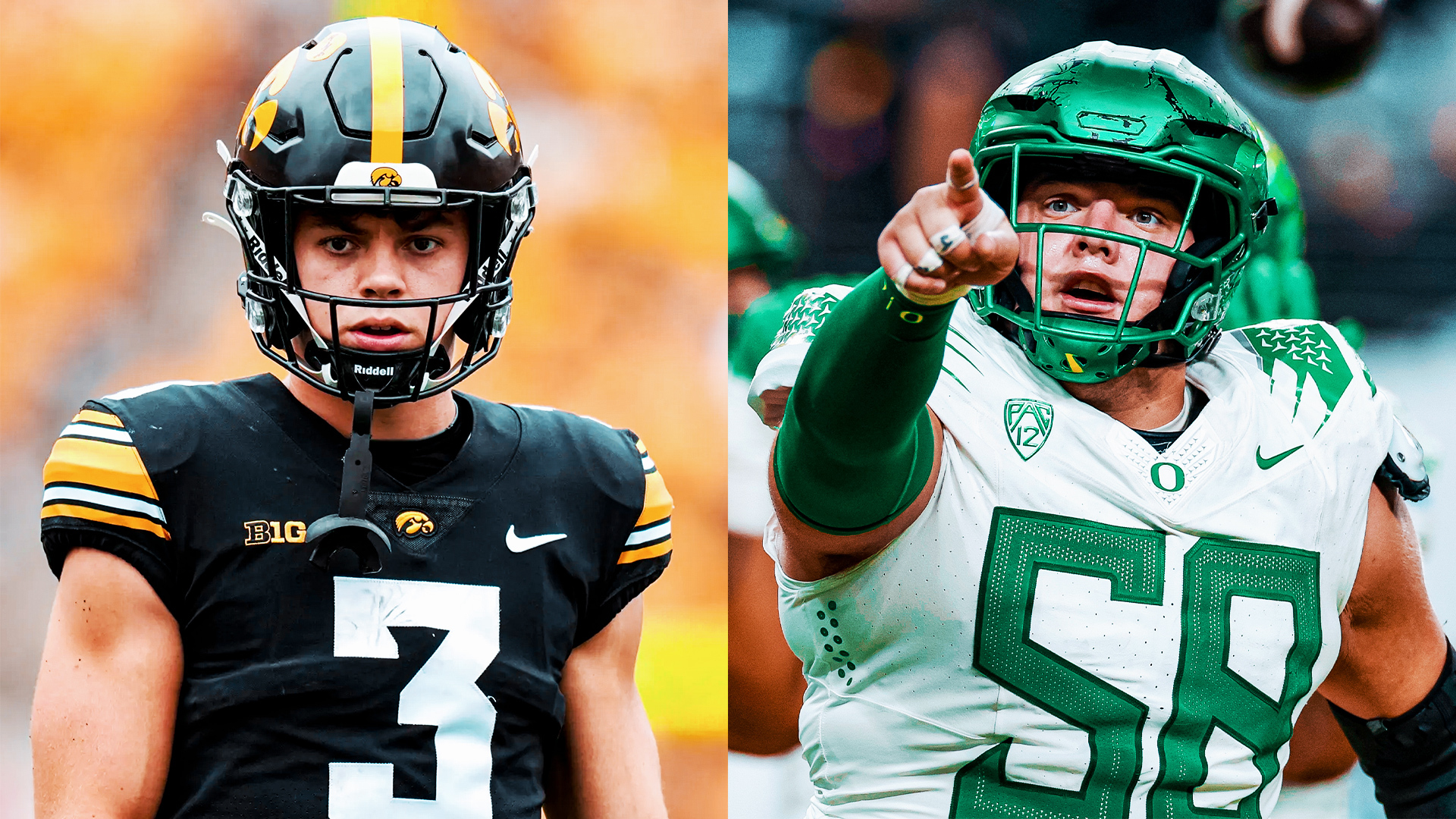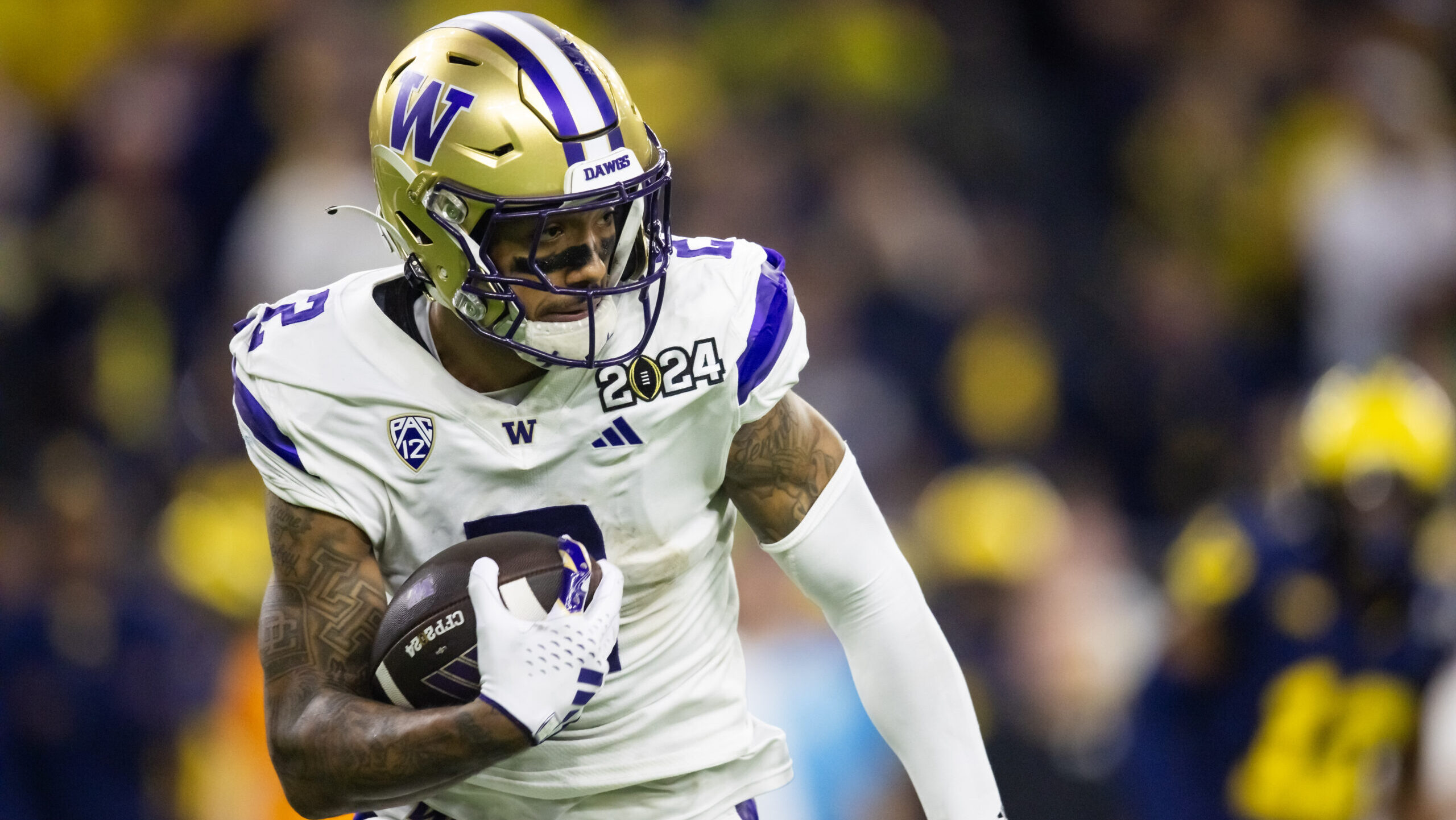Analysis
7/12/23
6 min read
How NFL Teams Deal With Unplanned Changes in an Organzation
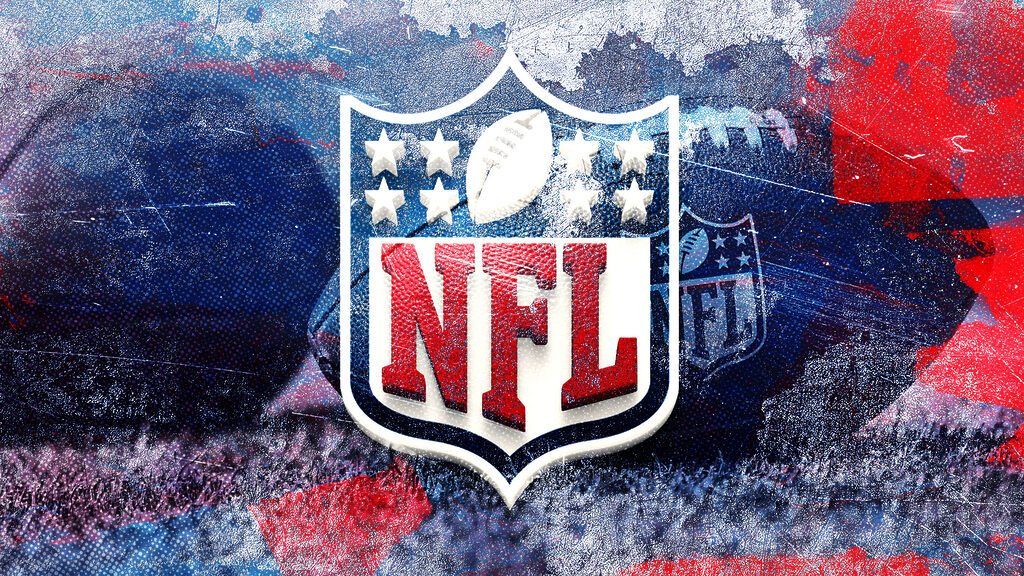
Constant change in the NFL is a given. In that regard, it can be anticipated.
Coaches and general managers are always being replaced. Free agency and the draft always create roster turnover.
Some changes, however, aren’t planned.
For instance, a head coach’s sudden dismissal, as happened this week with Northwestern’s Pat Fitzgerald in the wake of a hazing scandal, was nowhere on the football program’s offseason itinerary.
A player’s off-field issue that renders him unavailable for part or all of the season, such as the recent suspensions stemming from violations of the league’s gambling policy, can emerge from nowhere.
Injuries and holdouts also can have the effect of a blindside hit on the quarterback.
None of this is met with the tiniest amount of sympathy from the NFL or other teams. The season will proceed as scheduled, meaning the impacted clubs must figure out how to fill the holes they didn’t expect to be filling.
Dealing with Unplanned Changes
Mike Tannenbaum, a former NFL general manager and executive vice president of football operations, is familiar with such pivoting. He was forced to do it multiple times during his career.
Tannenbaum accepted it as a necessary part of the job. He also accepted it held a prominent place on the list of reasons he never could relax for an extended period, regardless of what the calendar said. There was always something to worry about.
“Things happen,” said Tannenbaum, an analyst for The 33rd Team. “These organizations are a microcosm of life. Really, your job is to take a look around the corner and say, ‘Where’s the next bump in the road?’ But also, candidly, ‘Where’s the next opportunity?’”
Sleepless nights and churning stomachs go with the territory. Even ultimate triumphs can’t be savored … at least, not for long.
“The best story I ever heard about that was from Charley Casserly,” Tannenbaum said. “They had just won a Super Bowl in Washington, and Mark Rypien, who was their quarterback, was going to be a free agent. In the locker room, a reporter asked, ‘How are you going to handle Rypien’s contract?’ And Charley was like, ‘Here you are, you had won the Super Bowl, and literally you had no time to celebrate. You’re already on to next year’s problems.’”
But challenges can be far more sudden. Just ask the administrators at Northwestern. In an instant, the school went from having one of the best and most popular coaches in the school’s history to beginning a search for Fitzgerald’s replacement.
Timing Affects Team's Approach
Depending on the timing, the replacement process will involve short-term or long-term thinking. Or both.
“You really have to be prepared for moving things around and sharing responsibilities,” Tannenbaum said. “You always have to have a Plan B and C. What was the strength of the head coach? What was their side of the ball? All those things are going to factor into it.
“Can the No. 2 person take over and, within reason, handle things? That’s just something you’re constantly thinking about. That’s one of your responsibilities of running an organization.”
Timing also presents different problems in the unplanned coaching switch. There’s never a good time, but, as Tannenbaum pointed out, “if it’s going to happen, you would prefer it to be in the preseason because it gives you a little bit more time.”
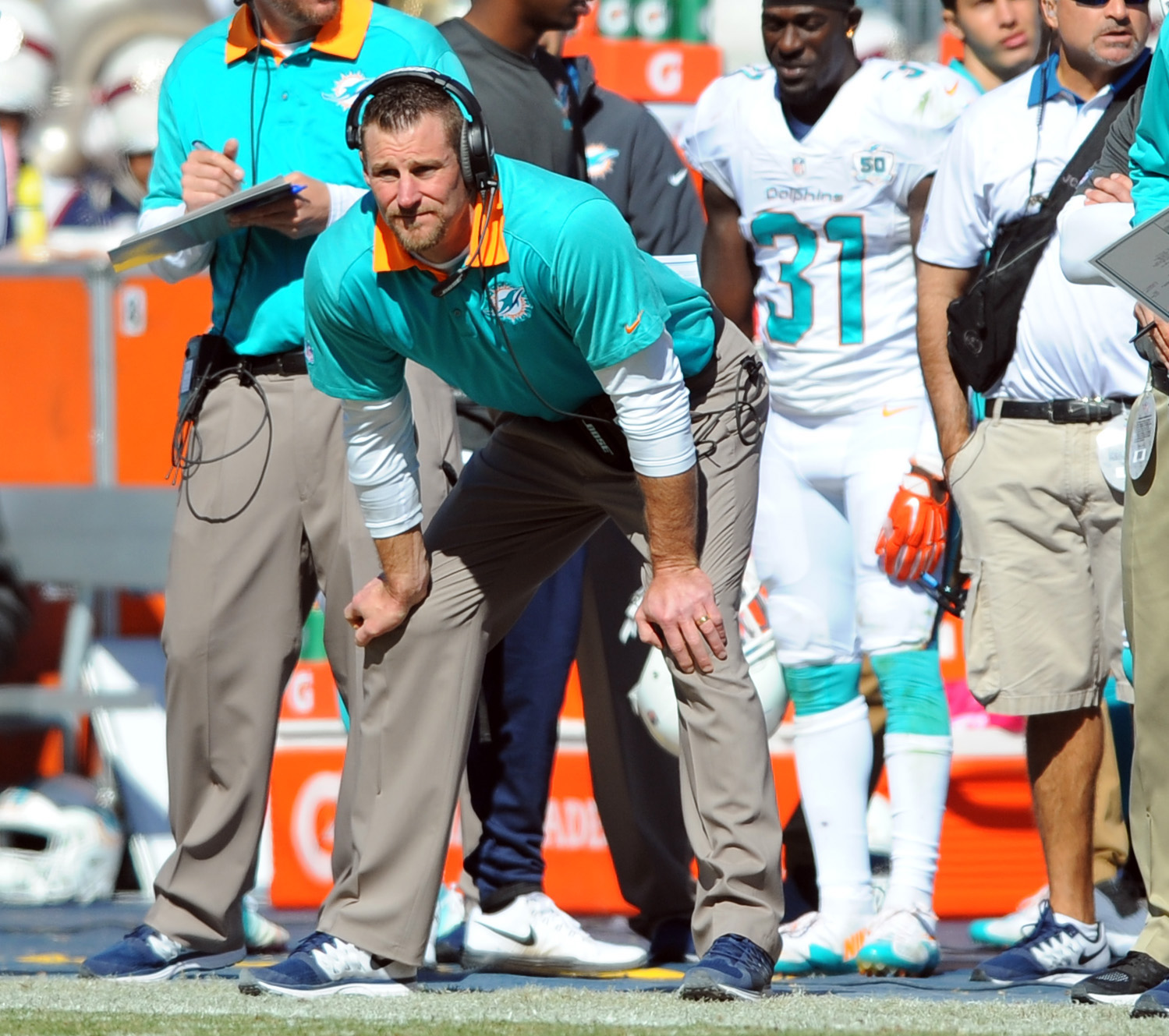
He didn’t have that luxury in 2015, as executive VP of football operations for the Miami Dolphins, when Joe Philbin was fired after a 1-3 start. Dan Campbell, who was the Dolphins’ tight ends coach, was named interim head coach.
“That was 25 percent through the season, so you still have most of your games yet to be played,” Tannenbaum said. “The difference in a situation like Northwestern or Dartmouth (where Buddy Teevens suffered spinal cord injuries in a March bicycle accident and assistant coach Sammy McCorkle was named interim coach for this season) is they have the whole season. So, it’s far from ideal, but there’s still some time to prepare.”
All things considered, the Dolphins fared reasonably well under Campbell, who led them to a 5-7 finish. He was a finalist to fill the position full-time, and his experience played a role in becoming head coach of the Detroit Lions in 2021.
“Dan Campbell did a great job,” Tannenbaum said. “He truly showed authentic leadership. It was one of those things where he gave everybody a reason to fight every week, from the coaching staff to the players.”
Sudden Loss of a Player
Regardless of the circumstances, a general manager must be keenly aware of the next move after the unexpected loss of a player.
“That’s roster management,” Tannenbaum said. “Let’s face it, not all the reasons are the same. Going back to Miami, we lost Ryan Tannehill to a preseason, non-contact, season-ending injury with his ACL. We saw that happen with Teddy Bridgewater in Minnesota. So, you’ve got to build your roster with that in mind. These things can happen.
“Some players are more valuable than others. And when you’re building your team, you try to have ideal depth at every position. You just know each year, your team can handle injuries at certain positions better than others. The other one that, to me, always was the big concern was when you had multiple injuries at the same position.”
With holdouts, the general thought is they won’t last an entire season. Either the player eventually will return to the team or reach an agreement because not playing means not getting paid, on top of a fine.
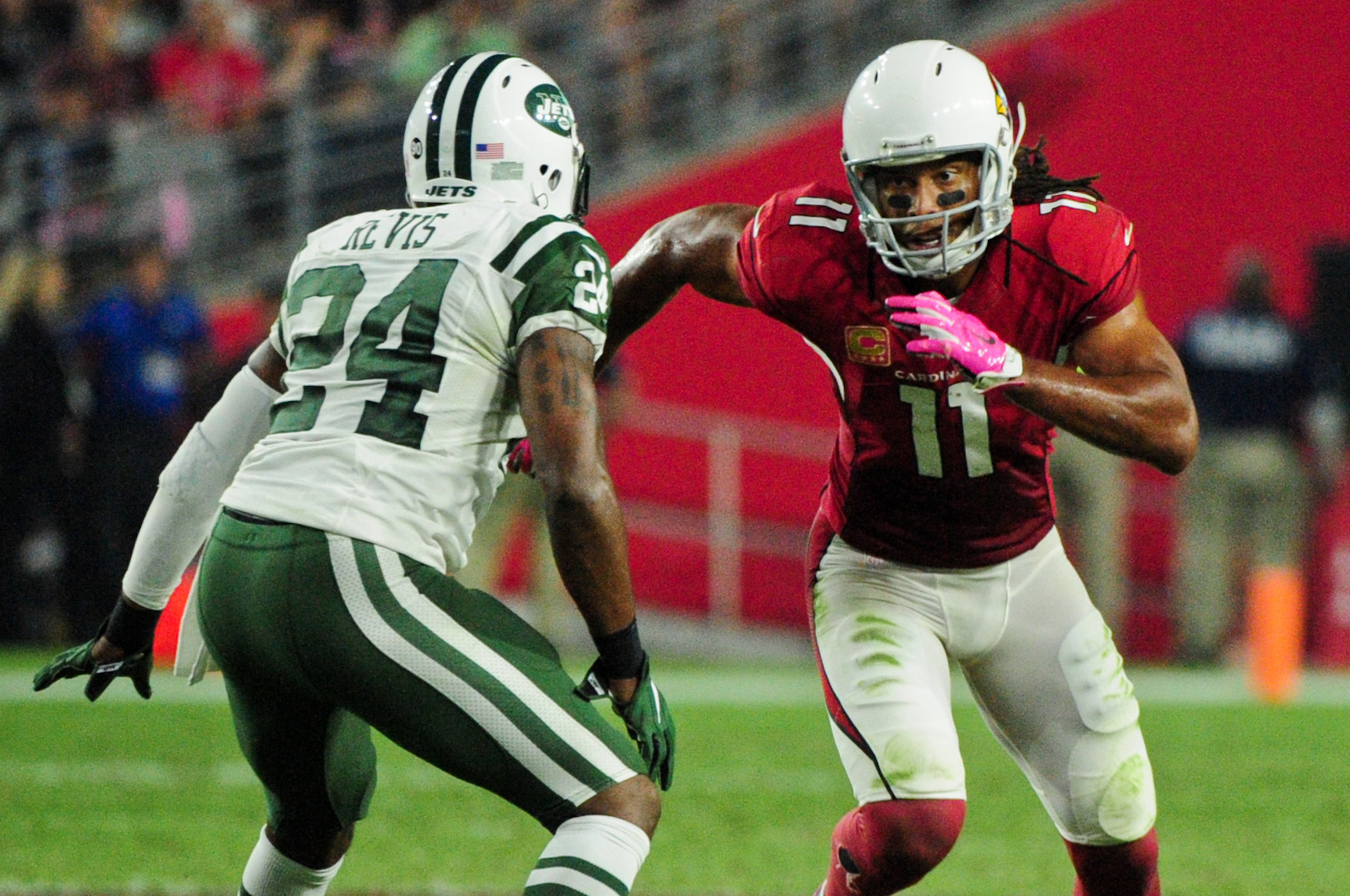
In 2010, as general manager of the New York Jets, Tannenbaum dealt with a high-profile training camp holdout staged by star cornerback Darrelle Revis. That year, the Jets were featured on the HBO series “Hard Knocks,” so the Revis drama was a prominent part of the show’s content.
Revis missed most of camp and all four of the Jets’ preseason games before reaching an agreement on a guaranteed four-year, $32-million contract a week before the season opener.
“It’s a little bit like an injury (in that) the player’s not available,” Tannenbaum said. “And until they are, you have to tell building, ‘Let’s coach the next one. Get them ready to go, and if or when the contract’s resolved, if or when the injury’s healed, they’ll be back. But until then, we’ve got to move on to the next one.’”
Which pretty much speaks to all unplanned changes in the NFL.
Vic Carucci has been a national editor for NFL.com and a contributor to NFL Network, a senior editor for the Cleveland Browns and an NFL writer and columnist for the Buffalo News. Follow him on Twitter at @viccarucci.



